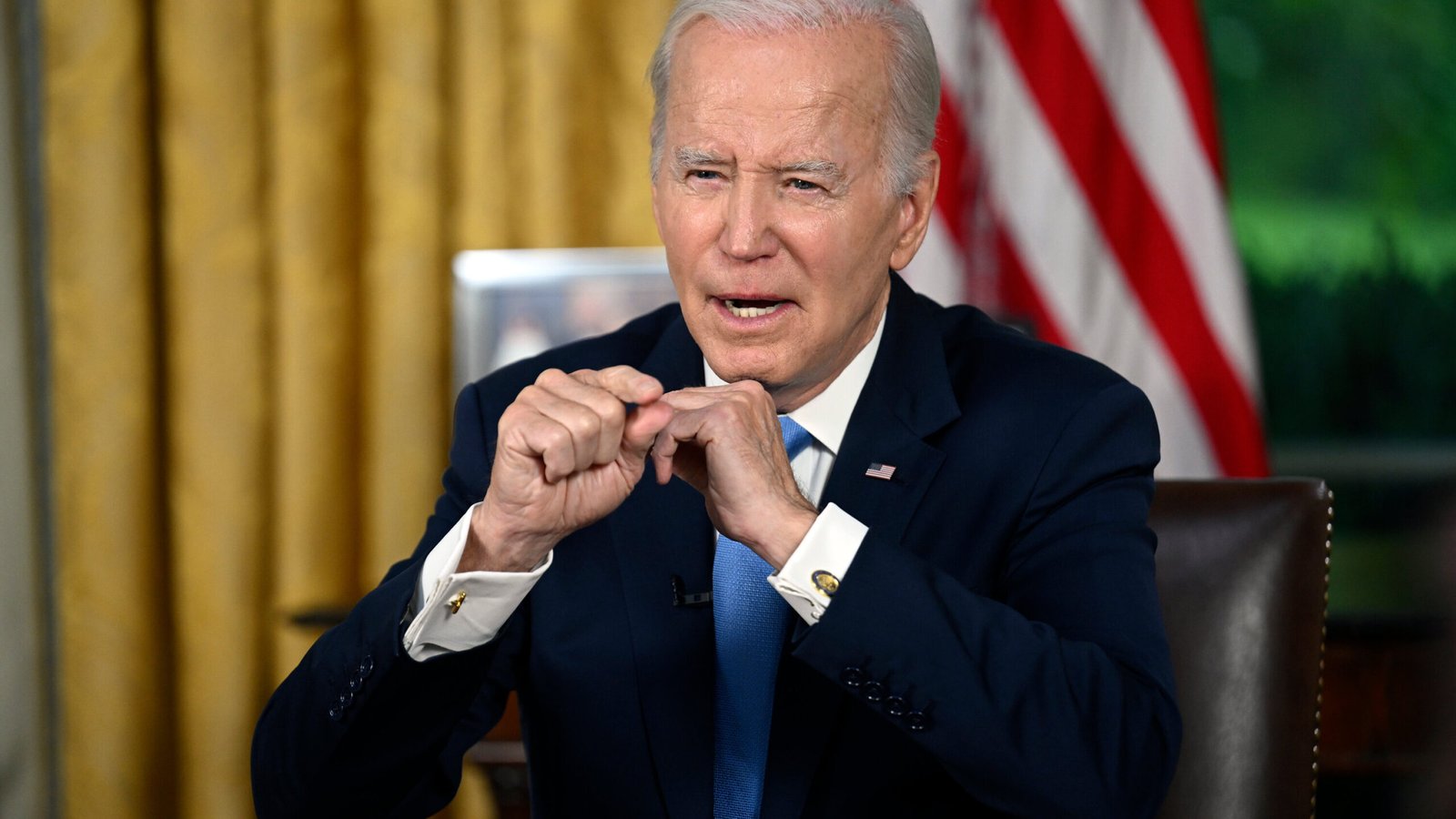Yellen Applauds Biden Tax Credits for Driving Clean Energy Investment in Coal Country
In Elizabethtown, Kentucky, on March 13th, Treasury Secretary Janet Yellen announced a significant surge in clean energy investments, particularly in regions historically reliant on fossil fuels, owing to tax credits introduced by the Biden administration. Yellen revealed that these incentives have propelled clean energy investments in such communities to over $4.5 billion per month, more than doubling the previous figures. Additionally, clean energy investment in other areas has risen to $3.5 billion monthly, marking a notable $1 billion increase, according to research conducted by the Treasury Department using Rhodium Group data.
Yellen’s visit to Kentucky, a predominantly Republican state, aimed to highlight the burgeoning supply chain for electric vehicle (EV) battery production, as emphasized by President Biden in his recent State of the Union address. She emphasized the substantial growth in investments, citing nearly $650 billion announced by companies in clean energy and manufacturing nationwide since the administration’s inception.
During her visit, Yellen toured Advanced Nano Products, a battery materials manufacturer from South Korea, which has invested $49 million in a new factory in Elizabethtown. The facility, set to commence production in May, is expected to employ around 100 workers. Notably, it will supply carbon nanomaterials to the BlueOval SK battery manufacturing complex, a joint venture between Ford Motor Co and South Korea’s SK Group, which is under construction nearby and will eventually employ over 5,000 workers. Additionally, Japan’s AESC is building a $2 billion battery factory in Bowling Green, Kentucky, expected to provide employment to 2,000 people.
These investments are made possible through the IRA clean energy manufacturing tax credits, offering up to 30% of investment costs, with additional bonuses for communities historically dependent on fossil fuels or economically disadvantaged areas. Moreover, these facilities will benefit from consumer EV tax credits of up to $7,500 on eligible vehicle purchases.
Despite the substantial investments, challenges such as a slowdown in U.S. EV sales and Ford’s decision to delay EV investments have been encountered. Yellen, however, remains optimistic, asserting that as EVs become more affordable and charging infrastructure expands with federal funding, consumer demand will increase.
Looking ahead, Yellen expressed the Treasury’s commitment to further encourage leaders and businesses in over 150 U.S. cities with high poverty rates to leverage tax credits and attract investment. This underscores the administration’s broader strategy to drive clean energy adoption and economic revitalization across the country.


































Comment Template